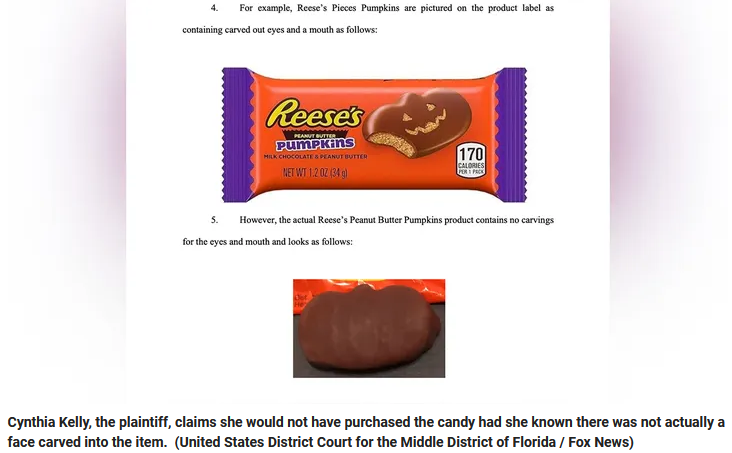Progressive-Democrat President Joe Biden had a deal with Venezuela’s MFWIC, Nicolás Maduro: if Maduro would allow Maria Corina Machado, a Venezuelan opposition leader, to run in a free, unfettered election for the Venezuelan office of President, Biden would lift the oil and gas sanctions former President Donald Trump (R) had imposed over the Maduro government’s continued and rank misbehaviors.
And so it came to pass that Biden lifted those sanctions.
On Thursday Venezuela’s president of the national assembly said Ms Machado won’t be allowed to run. The next day Mr Maduro’s hand-picked Supreme Court echoed that declaration, upholding the ban, with charges that she had engaged in conspiracies against the regime. The only “conspiracy” is that she opposes the regime.

